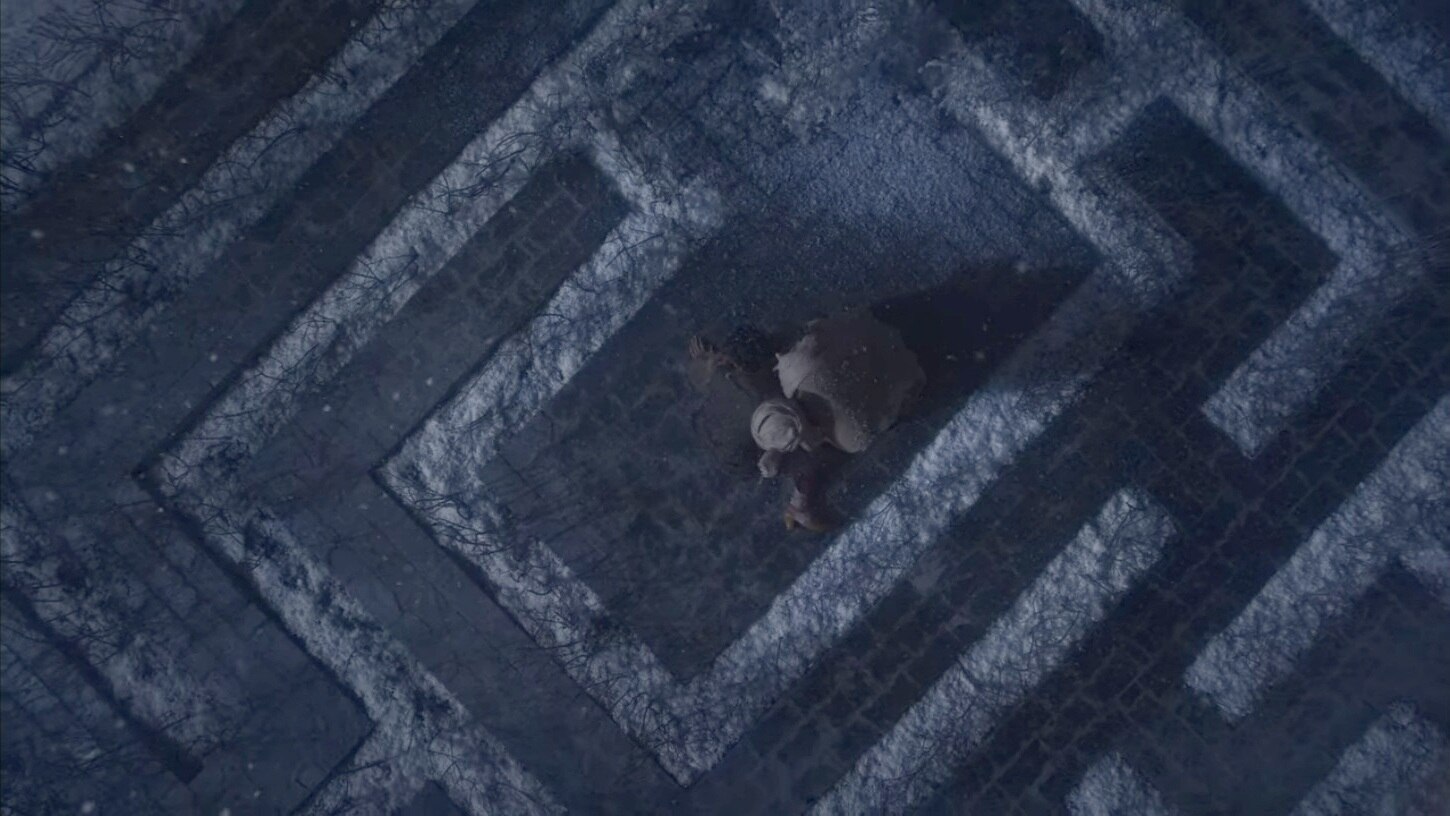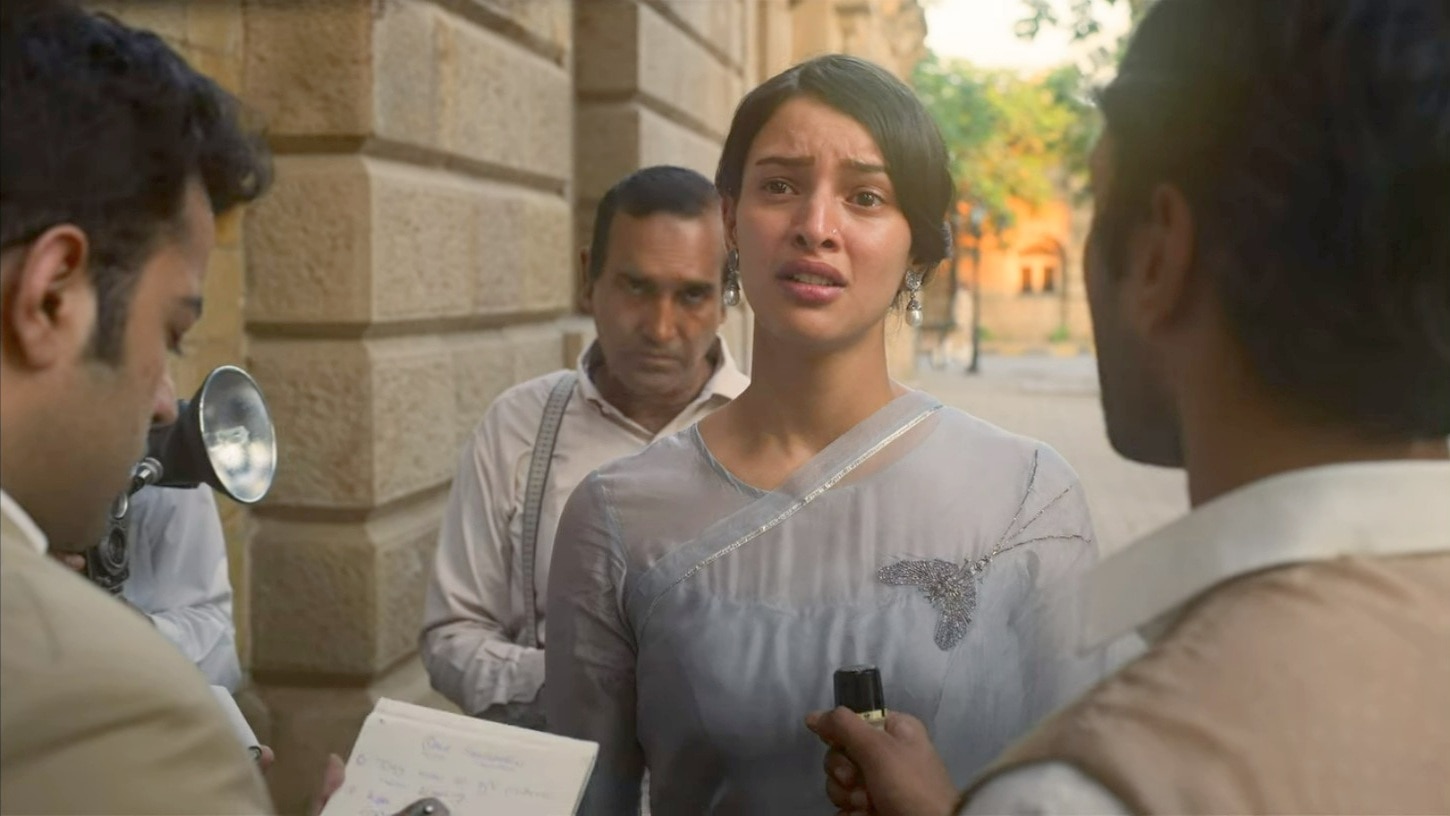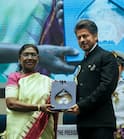More Than Just Musical Drama, Qala Is A Hard-Hitting And Courageous Feminist Tale
Set in the 1930s, Qala tells the tale of a female vocalist entangled in a labyrinth of misfortunes.

New Delhi: The film 'Qala', set in the 1930s when Calcutta was the heartland of Hindi film music, tells the tale of a female vocalist entangled in a labyrinth of misfortunes. The female-centric period drama is focused on the music business and the world that Qala's mother has crafted for her daughter.
Netflix’s latest offering, which looks and sounds incredibly beautiful, is shown to be coming to a terrible conclusion. But first, there are those soul-sucking and terrifying moments that both the audience and the protagonist must get through.
In addition to having exceptional cinematography, sound design, and art direction, the music-themed movie also tells a dramatic story of suppressed female desire.
After captivating the viewers with 'Bulbul', which introduced a fresh perspective to the horror-drama genre, writer-director Anvita Dutta then took the audience on a musical journey with 'Qala', which is undoubtedly a piece of art.
Similar to her earlier work, the Triptii Dimri-starring film also portrays a scary sketch of what it's like to be a woman in this world. The protagonist of Dutta's story—a girl who consumed her brother's sustenance while still in her mother's womb—pushes every limit in an effort to establish her worth in both this world and her mother's eyes.
Qala's mother, Urmila (Swastika Mukherjee), lectures her on how to survive as a woman in a field that is predominately male before she even starts her lesson in music. "Hoonar, taalim ladko waali ho sakti hai. Par ladki ho isliye mehnat zyada karni padegi. Izzat ka khayal zyada rakhna padega. (Talent and training can be similar to what boys receive. But you have to work more because you're a girl. You must uphold your dignity.)"
With these blunt statements, Swastika's character paints a picture of a woman piercing into a space where she would always feel unworthy. A place where she would constantly have her skills questioned. A place where she would have to continuously prove herself.
Qala (Triptii Dimri) is already coping with her strained bond with her mother until the latter runs into the talented folk singer Jagan (Babil Khan). She is driven insane by Urmila's fondness for and devotion to Jagan. It brings her to the edge of sanity with her need for acceptance. Eventually, Qala begins to hate her counterfeit self because she is caught between expectations and reality.

To express the heaviness of a heartless mother and the loveless upbringing that Qala carries on her shoulders, coupled with immense expectations, Dutta uses symbolism and metaphors. The director evokes empathy in her viewers for her protagonist by giving the tale the eerie sense of a living nightmare.
The film, which has a strong feminist undertone, often draws attention to the gender norms that Qala must battle as a female artist.
It turns out that Urmila's grandpa was a renowned thumri singer, and she gave up her own musical ambitions since it was more socially acceptable for a man to continue the family tradition. This makes it evident why she has inhibitions about her dream, even if she wants Qala to achieve it so greatly.
In a conversation, Qala's mother likens her to a cuckoo, who dwells in a nest built by another bird. She has a deep-seated notion that her daughter is also undeserving and that discriminatory prejudices and gender stereotypes imposed on women have tainted her perception of the world.
In another moment, even after rising to the top, Qala has to deal with sexist questions from journalists. From reporters inquiring about her relationship with composers to when her mother came to launch her sibling (Jagan), she has not been the centre of attention. All during the press conference, not even her own accomplishments were praised or credited.
Meanwhile, Qala's encounters, particularly with music composer Samant Kumar (Amit Sial), reveal how vulnerable women are in the film industry.
The feminist psychodrama 'Qala' is clearly focused on the constraints put on groundbreaking women of the 20th century. Even though the film is mostly about the main protagonist, Qala, and her hardships, it also highlights the women in her immediate vicinity. The period drama also addresses the woman photographer who is pushed to the back of the room during a news conference by male journalists or the secretary Qala employs after fighting with a man about it.
From my viewpoint, the bias against women and the traditional expectations that society so obviously and constantly places on women are embodied in Jagan's character. Even after she overshadows him, he still follows her. The ghosts of her past—her legacy's burden—haunt Qala after she triumphantly navigates through everything to reach her desires.





































